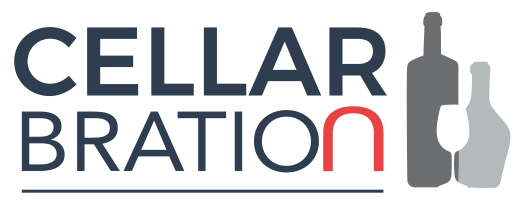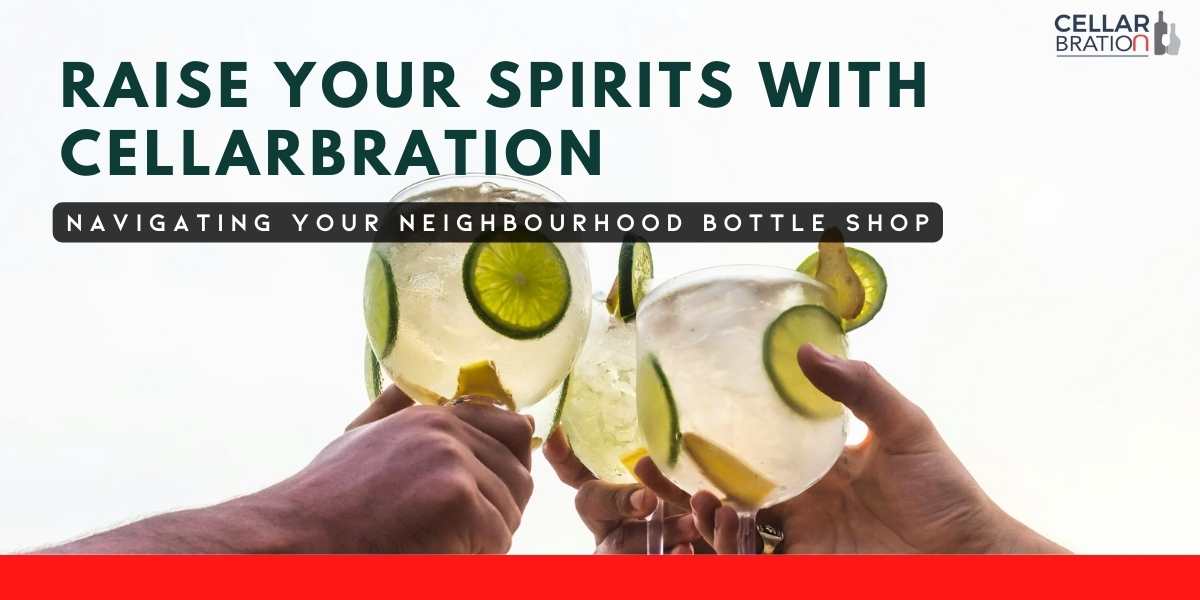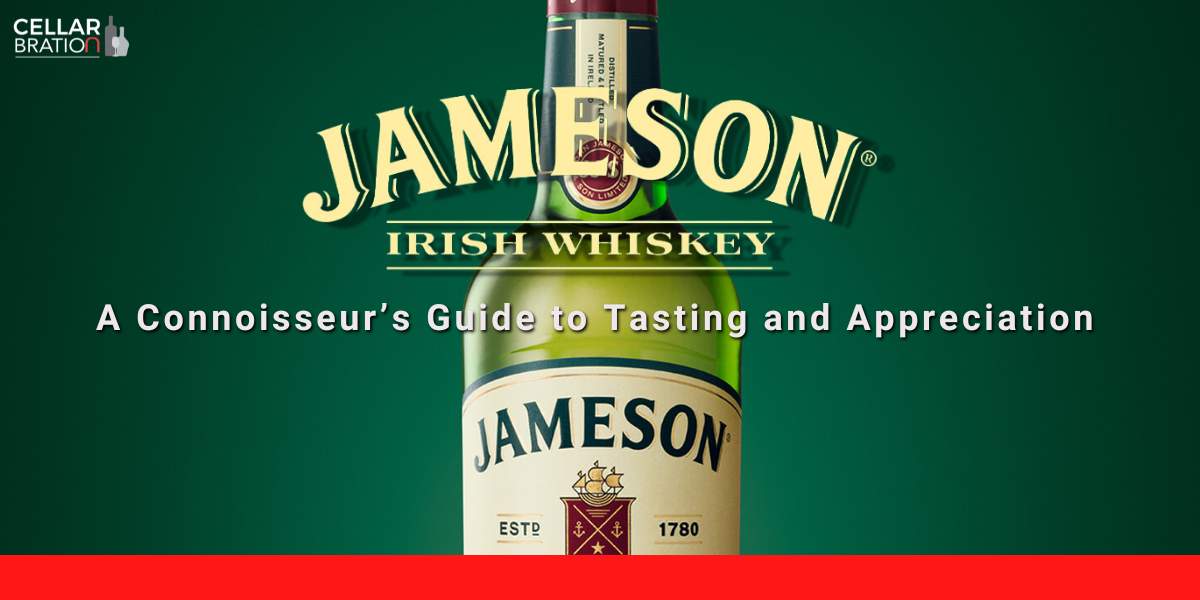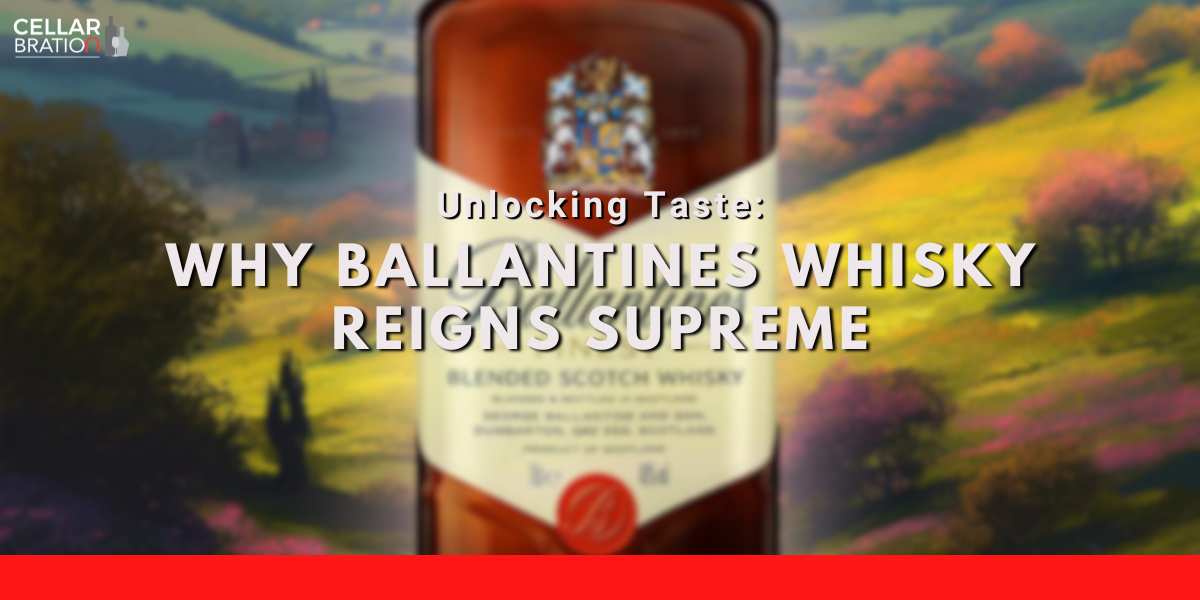
Whether while strolling down the aisles of our retail stores across the island, or browsing our extensive catalogue online, you’re bound to have come across two different spellings of the word whisky. And though you may notice that one iteration of it is spelled with a peculiar additional, ‘E’, we’re relieved to say this isn’t an error on our part but something that has led to numerous debates between whisky - or whiskey - lovers for as long as the spirit has existed.
Putting The Discussion To Rest
A challenge for any casual or untrained drinker, explaining the distinctions between whisky and whiskey is no easy task. However, for those who take their spirits seriously or the connoisseurs who never fail to demonstrate the utmost pride they have in knowing what goes into their drams, being able to differentiate between the two is imperative. Hopefully, after reading this, you'll be able to do the same if you weren't already able to do so before.
In general, it is safe to say that both whiskey and whisky are distilled liquors made from a fermented mash of cereal grains. They are both aged in wood barrels commonly made of oak and share many similarities, especially in terms of the ways they are produced. Seeing how they’re both alike in so many aspects, one can only wonder what truly sets the two apart, and why the different spellings.
To put it simply, the name given to the spirit is based on a wide array of factors, including the type of cereal grain used in the distilling process and other important variables such as how and where the spirit was produced.
A Geographical Conundrum
Historically speaking, whiskey production can be traced back to Ireland in the early 15th century, with production in Scotland beginning just shortly after. And the initial difference in spelling came from the minor differences in the Gaelic dialects spoken in both places.
Over time, however, the two spellings became entrenched, and each region simultaneously developed its own unique style. The world's leading whiskey-producing nations — Ireland, Scotland, the United States, Canada, and Japan — had to adopt one spelling or the other, and so they did.
In the United States and Ireland, the spirit is spelled “whiskey”, while in Scotland, Canada, and Japan it is spelled “whisky”. For those still confused as to what this all means, a good rule of thumb to remember if you ever get mixed up between them is that countries with an “E” in their spelling tend to make “whiskey” while countries without an “E” tend to make whisky instead.
An Example To Wrap Your Whisk(e)y Loving Head Around
Examples are always helpful, we know. Thankfully, Cellarbration is stocked with an abundance of drinks that can help explain this boggling subject better.
The best-selling Irish whiskey in the world, and the third best-selling whiskey worldwide, Jameson Irish Whiskey is a timeless classic made from ingredients grown and sourced in Ireland. Notice the "E" in Ireland? That's why the spirit is categorised as whiskey and not whisky.
Exceptions To The Rule Of Thumb
Though we said before that a sure-shot way to identify a whisky or whiskey would be to take a quick gander at its country of origin, there are still brands that choose to deliberately break tradition. Take Makers Mark 8 Year Old Bourbon, for example, an American bourbon that opts to use the whisky spelling instead of its extra-vowel-having counterpart.
The Scottish Influence
As the second nation to begin making the spirit, Scotland has also had a large influence on whisky production across the globe - with its reach extending to as far as Japan. This is demonstrated clearly through the use of the word whisky when referring to variations of the spirit made in Japan.
Just look at Asakura Koji Premium Whisky, which, similar to Scottish single malts, is created in a single distillery. Or Suntory Toki Whisky, which was inspired by traditional Scottish whisky, but created following a uniquely Japanese approach.
Fun-fact: In 1929, Japan's first whisky distillery released its Scotch-inspired whisky. This was just after Masataka Taketsuru returned from an apprenticeship in Scotland and co-founded the Yamazaki Distillery!
Get Your Whisk(e)y Delivered To You!
Whatever way you spell it, you’re still bound to drink it. No matter your preference, Cellarbration has it all, from the most popular Irish whiskies to their beloved Scottish - and even Japanese - counterparts. With Cellarbration’s efficient alcohol delivery services you can now get your beers, spirits, wines, and much more delivered right to your doorstep. Check us out online now, and get your favourite drinks quickly and easily.





